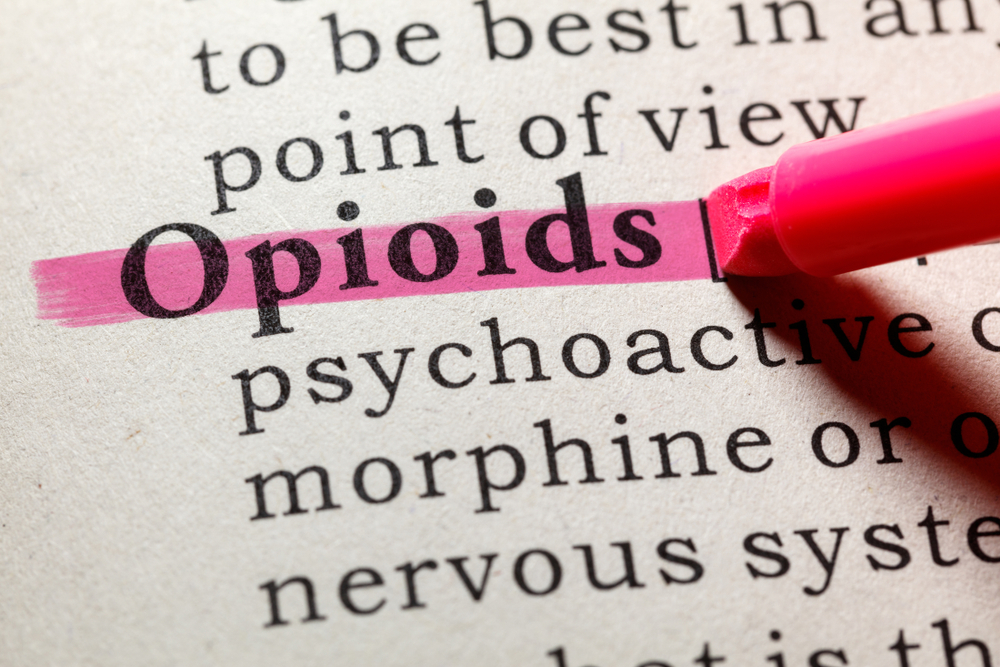If you’ve ever received a prescription for a drug such as codeine, hydrocodone or morphine, you have taken opioids. This class of drugs derives from the opium poppy and has caused a nationwide addiction and overdose epidemic. What makes opioids so dangerous?
How People Get Hooked on Opioids
Most people who use prescription opioids follow their doctor’s instructions. However, even when taken responsibly, these drugs can be addictive because of their effects on brain chemistry. Opiates create artificial endorphins, which leads to a sense of euphoria. Over time, these drugs halt the brain’s natural endorphin production. At this point, the only way to get the desired feeling is to use more opioids.
The risk of addiction increases with longer-term use or when people use opioids in an “off-label” way, such as crushing pills to snort them. Taking more than the prescribed amount or using the drugs more often than directed can also lead to addiction.
Research has shown that taking opioids for more than a few days increases the odds of developing a drug dependence, which involves unpleasant withdrawal symptoms like these when you stop taking the medication:
- Increased sensitivity to pain
- Constipation
- Nausea, vomiting and dry mouth
- Sleepiness and dizziness
- Confusion
- Depression
- Reduced libido
- Itching and sweating
When Opioid Use Progresses to Addiction
How can you tell if you or someone you care about is abusing opioids? People struggling with opioid use disorder may not display symptoms right away. However, over time, there may be some signs that they need help. Many behavioral changes could signify that opioid use has progressed into an addiction.
- Inability to stop using drugs, despite the negative effects on your life
- Uncontrollable cravings
- Drowsiness
- Sleeping too much or too little
- Weight loss
- Frequent flu-like symptoms
- Low sex drive
- Lack of hygiene
- Changes in health habits
Why Do Opioids Become Problematic?
Because many states – including Tennessee – have set strict limits on how much health providers can prescribe, you’ll likely find your doctor is unwilling to increase your dosage or renew your prescription for legal opioids, which include name brands like:
- Vicodin
- OxyContin
- Percocet
- Opana
Sadly, the laws that intend to keep people safe from opioid addiction have led some users to start obtaining their drugs illegally. Today, many drug dealers add a less expensive, more potent synthetic opioid known as fentanyl to their products. Since fentanyl is up to 100 times more powerful than morphine, even a small amount is enough to cause a fatal overdose. To make matters worse, fentanyl often resembles other drugs, including legal prescription pills.
How to Prevent Opioid Addiction and Overdose
If you need opioids for medical reasons, work with your health care provider to ensure you are taking the lowest possible dose for the shortest amount of time. If you have chronic pain, managing it with opioids is not a safe long-term strategy. Instead, explore alternative options with your doctor, including alternative therapies such as meditation and acupuncture. Help prevent addiction in your household by keeping opioid medications under lock and key, and properly disposing of any unused pills with medication take-back programs.
On average, more than 130 Americans per day lose their lives to an accidental opioid overdose. Since opioids suppress the central nervous system, respiratory failure is the most common cause of death from an opioid overdose. Without medical attention, someone can quickly stop breathing. Fortunately, it’s possible to reverse an opioid overdose with naloxone. In Tennessee, this lifesaving medication is available without a prescription.
Convenient Substance Use Disorder Treatment on Your Schedule
The opioid crisis has hit Chattanooga hard. At Cumberland Heights’ Chattanooga outpatient recovery center, you can get qualified help without putting your work, school or family obligations on hold. We offer effective in-person and telehealth addiction treatment during flexible hours, with a multifaceted approach that focuses on education, family involvement, recovery tools and relapse prevention.
A combination of 12-step principles and clinical practices provides the structure and insight you need to recover, while empowering you to prioritize what matters most. Contact us today to learn more about our admissions process, evidence-based practices and personalized treatment plans.








